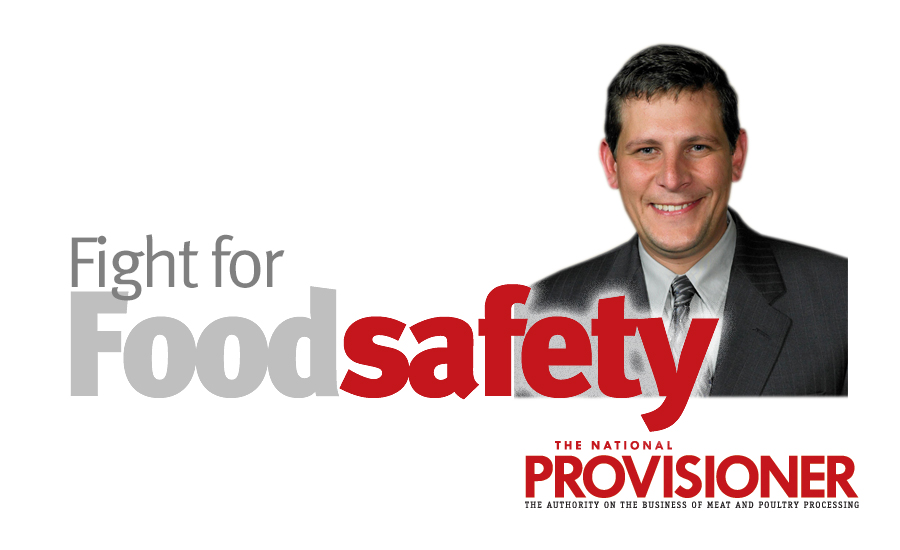I am often quoted as saying that one of the most important drivers of food safety is organizational culture. If an organization has a strong food-safety culture, the chances of processing and shipping a contaminated product are decreased significantly. If the culture is weak, or nonexistent, the chances increase exponentially.
So, how can food company leaders develop and maintain this type of culture in their own organization? By embracing the “Three C’s of Food Safety Culture”: Compassion; Commitment; and Communication. Individually, each of these concepts play a significant role in our own lives, but when combined under the banner of food safety, they can improve the lives of our customers as well.
Food safety cannot exist in the absence of compassion. The only way any person will be truly motivated to produce a safe product is if they are first compassionate about not making people sick. We need to remind ourselves constantly that we are compassionate about not making people sick, not because it will cost the company money, but because we are good people and it’s the right thing to do. This should be the same level of compassion that we reserve for our own families and loved ones.
Compassion is meaningless, however, unless we make a commitment to do something with that compassion. You cannot say that you’re compassionate about not making people sick, but then refuse to invest in the actual programs, training and new technologies needed to make it happen. Thus, to create a strong food-safety culture, the company leadership must demonstrate follow-through by supporting the efforts of company management and the employees who are trying to carry their compassion forward as well.
In addition to being compassionate about food safety and committing to it, company leadership needs to use the art of communication. Be sure to tell employees that you are compassionate and committed to food safety. If you continue to communicate your compassion and commitment to food safety within your organization, a robust food-safety culture will begin to follow. Although that culture may take some time to develop, once it takes hold it will spread quickly throughout the organization.
Food safety will become part of the internal organizational language, and with continued support will continue to grow.
When it comes to producing and selling food, safety is one of the most important attributes. If a company has a robust food-safety culture, it will by definition produce a higher quality and safer product. Embrace the “Three C’s of Food Safety Culture,” and take pride by committing to communicate your compassion not only to your colleagues but also, your most important asset, your customers. NP





Report Abusive Comment